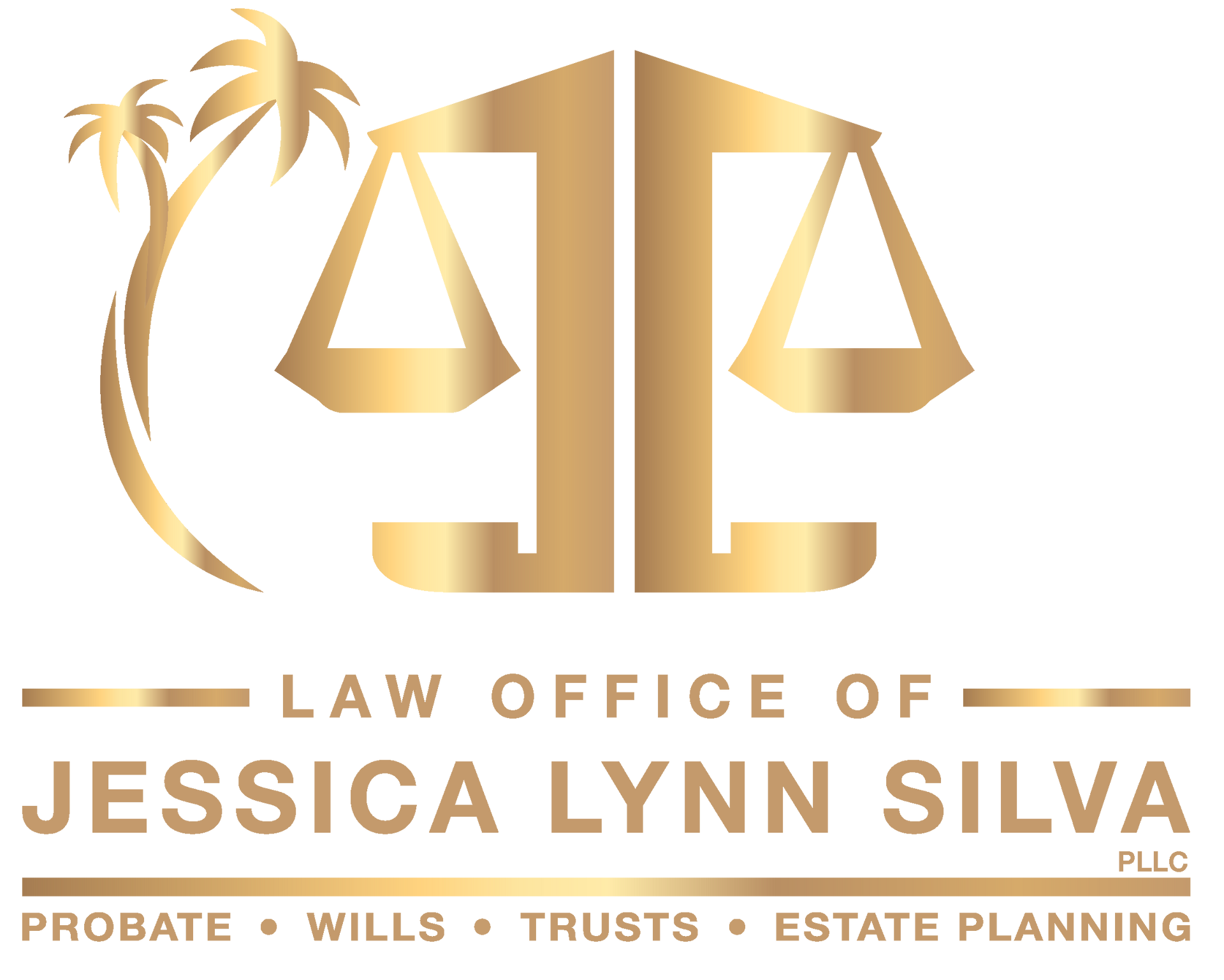Mediation
Mediation
Mediation is private and confidential. It is the process in which a neutral third party (mediator) assists the parties to discuss and try to resolve the dispute, allowing each side to feel heard. The intent is to see if a creative resolution (settlement) is able to be achieved in order for the parties to avoid the time, effort and expense of a trial.


